One of the most fascinating aspects of Boston Dynamics’ transition into a commercial organization is watching the company — and its partners — figure out real-world jobs for Spot. There’s no question that the tech is impressive, but there’s always been the broader subject of usefulness beyond the company’s initial purpose of serving as off-road pack mules.
We’ve seen some interesting examples since Spot first went on sale, including inspection for constructions sites and potentially dangerous settings — from nuclear power plants to off-shore oil rigs. There have also been some, shall we say, more controversial gigs, including Spot’s time as an electronic K9 for the NYPD.
But maybe finding the perfect job for Spot entails thinking both outside the box and Earth’s gravitational pull. NASA’s JPL in California has been working with the quadrupedal robot for a couple of years now, first as part of a DARPA challenge and now as a potential way to explore extraterrestrial caves. For this week’s installment of Actuator, we spoke to JPL NeBula Autonomy Project lead Ali Agha about the partnership.
How long has NASA been working with Spot?
We have been working with the SPOT robots for about two years now. We initially integrated our NeBula autonomy and AI solutions on the Spot robot as one of our robots participating in the DARPA Subterranean challenge competition. However, since then we have extended the application of these robots and JPL’s NeBula autonomy solution to planetary cave exploration and surface exploration as well as terrestrial disaster response and mining efforts.
What is the advantage of using legs (as opposed to wheels) on the Martian surface?
Imagine a no-road terrain on Earth. The ability to walk will allow traversing different elements of such a terrain much better than a typical wheeled vehicle. Similarly, legged locomotion can potentially enable totally new missions when exploring extreme and challenging terrains on planetary bodies in the solar system beyond our home planet.
How closely does NASA/JPL work with a company like Boston Dynamics on a project like this?
We have had an amazing collaboration with Boston Dynamics and work closely with them. On our project, JPL and Boston Dynamics’ efforts are highly synergistic. At JPL, we develop autonomy and AI solutions (called NeBula) acting as the robot brain to enable fully autonomous exploration of extreme and challenging environments with very minimal (to none) prior information about the terrain or environmental conditions.
NeBula is agnostic to the choice of robotic platform and can be used on wheeled rovers, legged platforms, as well as drones. On the other hand, Boston Dynamics is developing cutting-edge incredible robotic locomotion systems that can maintain the stability of the system over extreme environments. As a result, the combination of an autonomy solution like NeBula with a capable locomotion system like Boston Dynamics’ Spot opens up avenues for totally new classes of planetary and terrestrial missions.
I know autonomy is a big piece of this. Do the robots need to be able to function with no human intervention?
Yes, autonomy is the main focus of our project. In planetary exploration, specifically, when exploring underground caves, there is no, or very minimal, prior information about the environment. Further, when robots enter the cave, they typically lose communication with the surface and are on their own to accomplish the mission objectives.
As a result, autonomy is a crucial capability to enable such missions to accomplish mission goals with no human intervention when the robot is out of communication exploring previously unseen terrains and environments. To this end, JPL has been developing autonomy and AI solutions (called NeBula) acting as the robot brain, which is now being paired with Boston Dynamics Spot robots as the robot body.

We’re becoming a newsletter soon! Please sign up to get Actuator in your inbox as soon as the first issue hit! For free!

A bit closer to Earth (as in, roughly 100 to 150 feet above our heads), Alphabet’s Wing announced this week that it’s approaching 100,000 drone deliveries two years after launching in the Brisbane-adjacent city of Logan, Australia. The announcement follows recent insight into Amazon’s struggles in the drone delivery space.
The company told TechCrunch,” I think we’ll launch new services in Australia, Finland and the United States in the next six months. The capabilities of the technology are probably ahead of the regulatory permissions right now.”
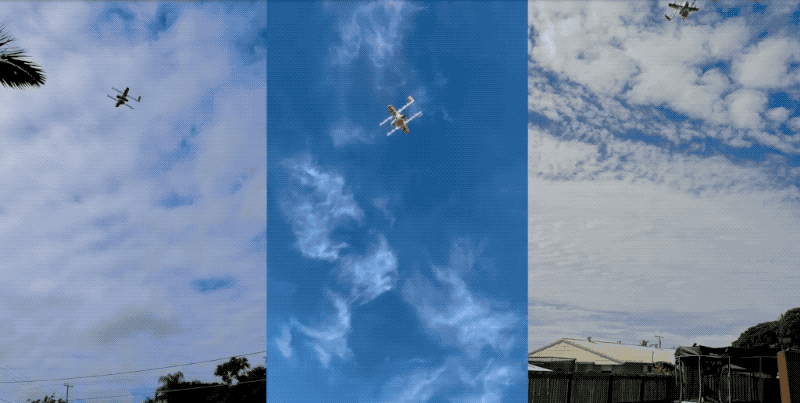
A closer look at some of those 100,000 deliveries:
- 10,000 cups of coffee
- 1,700 children’s snack packs
- 1,200 hot chooks (roasted chicken, in Australian)
- 2,700 sushi rolls
- 1,000 loaves of bread
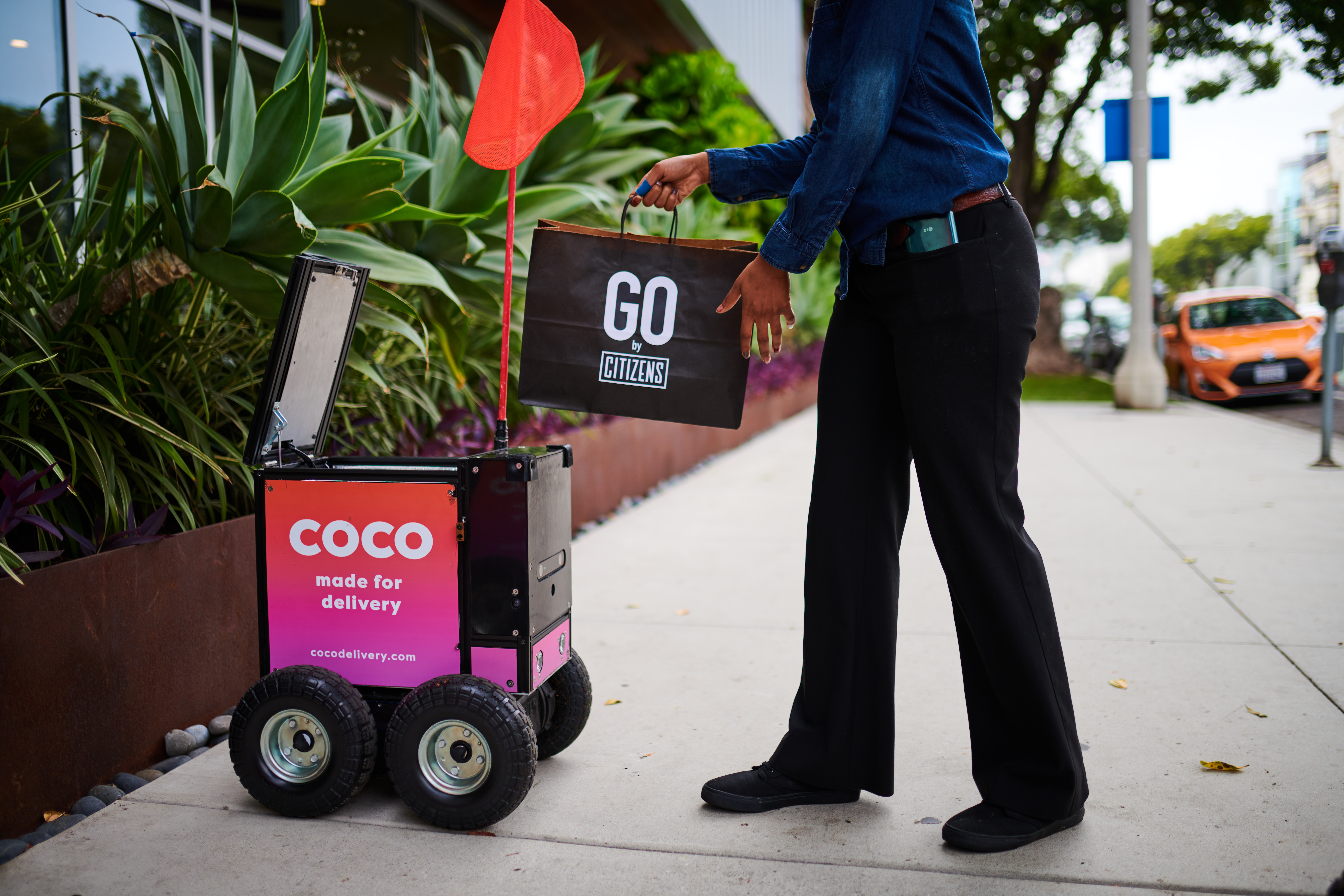
Speaking of food, LA-based Coco just raised $36 million for its delivery robots. The round brings its total funding up to $43 million. The UCLA spinout is currently piloting its 50-pound, remote-piloted robots in a variety of Los Angeles neighborhoods. The company tells TechCrunch:
We are currently operating in Santa Monica and in five different L.A neighborhoods. Later this year we are expanding into a number of other major U.S. cities. We have partnered with national restaurant brands like SBE (Umami Burger) and are actively scaling across many locations, and we are serving a wide range of family operated restaurants like Bangkok West Thai in Santa Monica and San Pedro Brewing Company in Los Angeles. We are out of the pilot phase and are launching with dozens of new merchants every day.
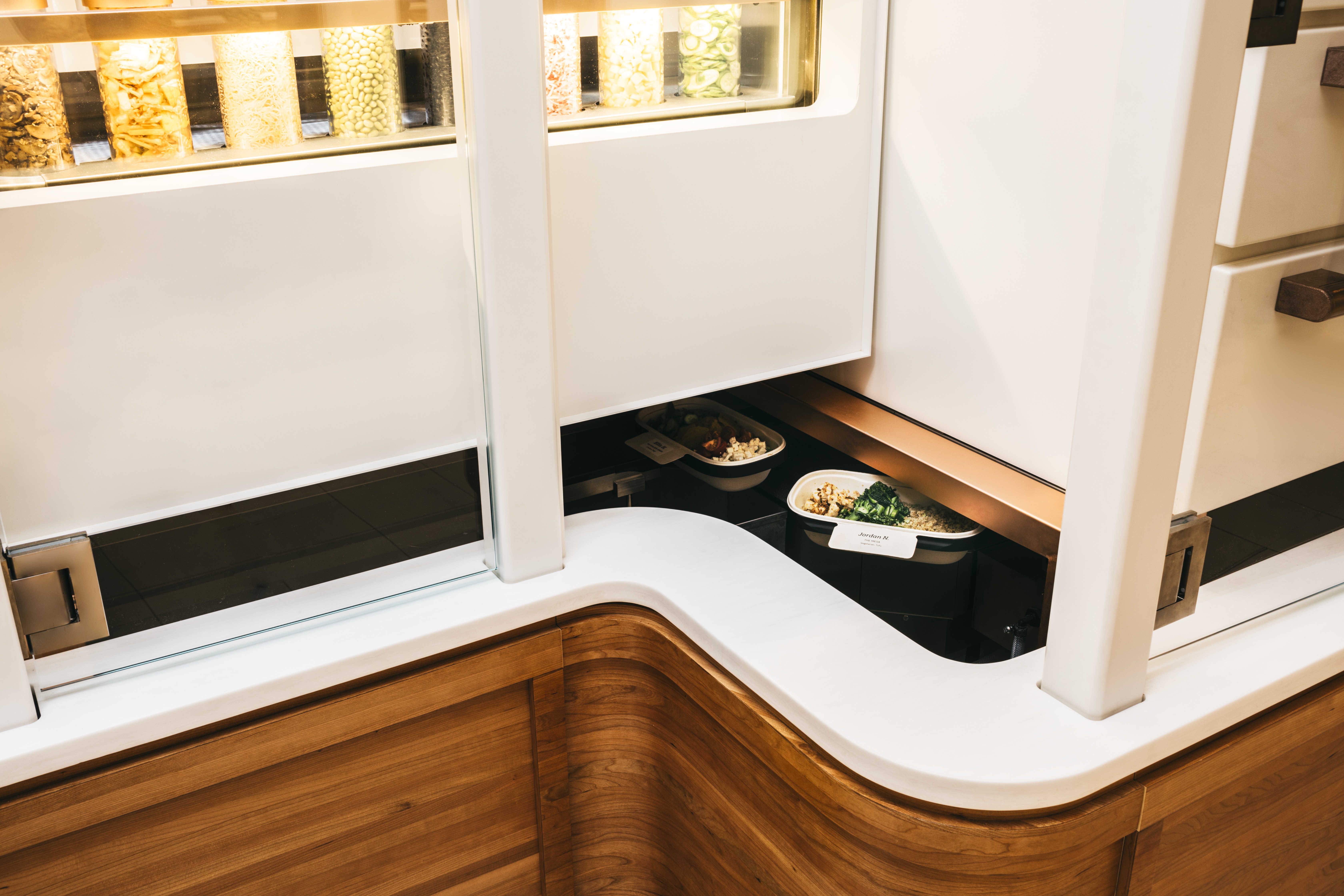
Meanwhile, California-based fast casual salad chain Sweetgreens just acquired Spyce. Built by MIT alums, the company develops kitchen robotics, which it has rolled out in a pair of Boston-based restaurants. Sweetgreens eventually plans to implement these in some of its 120+ locations, though no timeline has been given as of yet.
In this week’s small-ray-of-sunshine-in-an-otherwise-horrifying-situation news, a team of young women roboticists managed to evacuate Kabul amid the Taliban takeover. The team has found refuge in Mexico on a 180-day humanitarian visa, with an option to extend their stay.
“From now on forward we will have opportunities for many more achievements in our lives, and thus be part of the fight for a better life,” team member Fatemah Qaderyan said at a press conference on their arrival in the country. “Although we are far from our homes, we will always be united and thanks to your help we will achieve it, thank you very much, we really appreciate having all our things here in Mexico with us.”
The team also made international headlines in 2017, as they entered the U.S. on a 10-day “parole,” in spite of the Trump administration’s executive order banning entry from predominately Muslim countries.
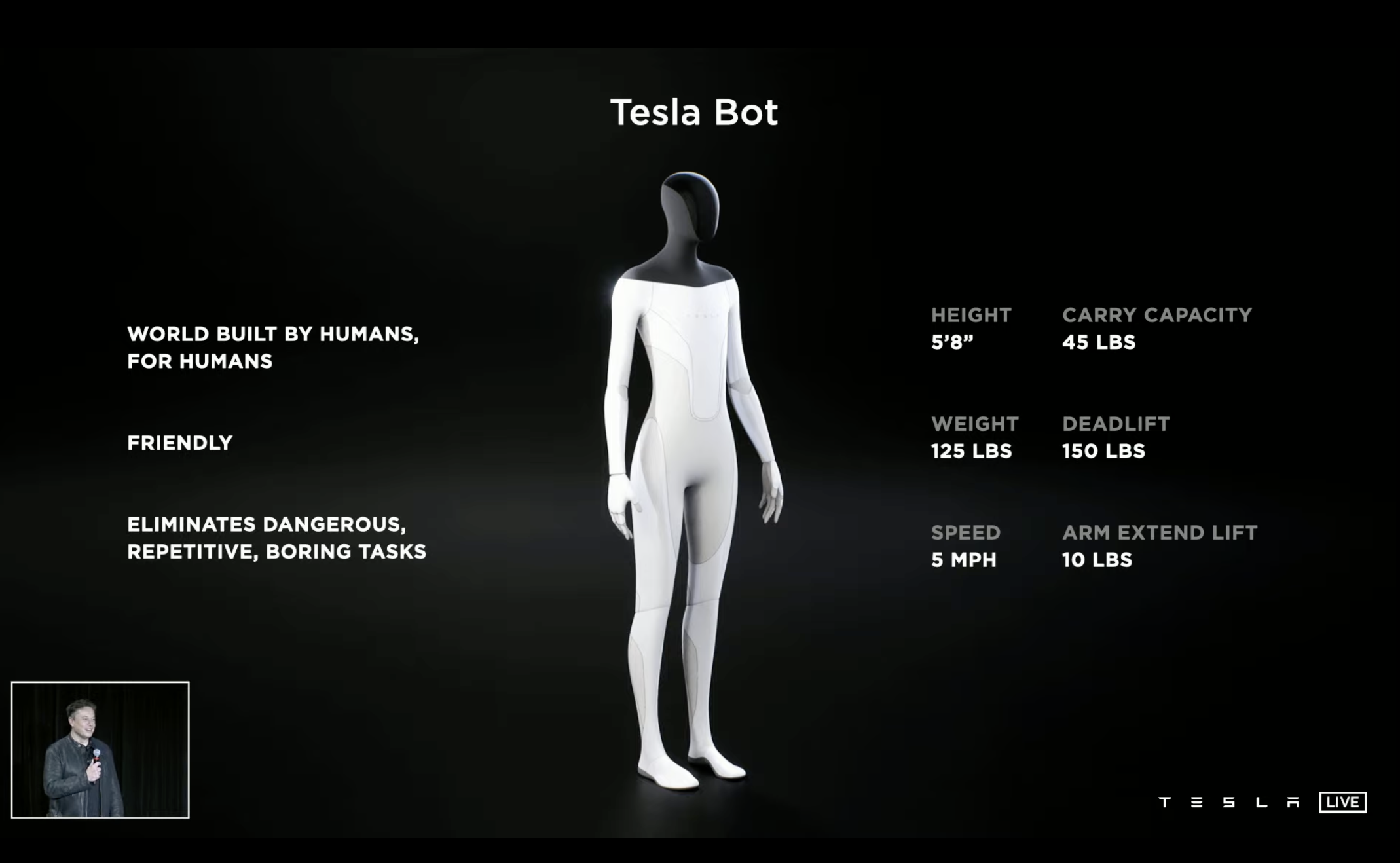
Before we go, a thought on the Tesla robot. Or, rather, a story. A few years ago, I was asked to be on a panel discussing robots for a group of people who weren’t really familiar with the field. That’s fine. There’s a lot to be said for getting outside your comfort zone. At the end, we opened things up to Q&A.
As is nearly always the case with these things, the first question — well, it wasn’t a question really. It was more of a laundry list of things the asker would like to see a robot do. She went on to describe a small drone that flies from surface to surface, cleaning different parts of the house. I told her it sounded great, and I’d love to see her invent it.
Point is, I think the vast majority of people outside of robotics have an entirely unrealistic idea of what’s possible with technology today. There’s a reason iRobot spent the better part of a decade banging its head against the wall, working out a robot that can vacuum floors. There’s also a reason that the Roomba is really the only semi-ubiquitous home robot. Always be wary of robots announced onstage as a press event.
I’m not saying a Tesla robot is impossible. I’m just saying we have to temper our expectations of what is. Sometimes you go in expecting a robot and get someone in a spandex onesie doing the Dougie:
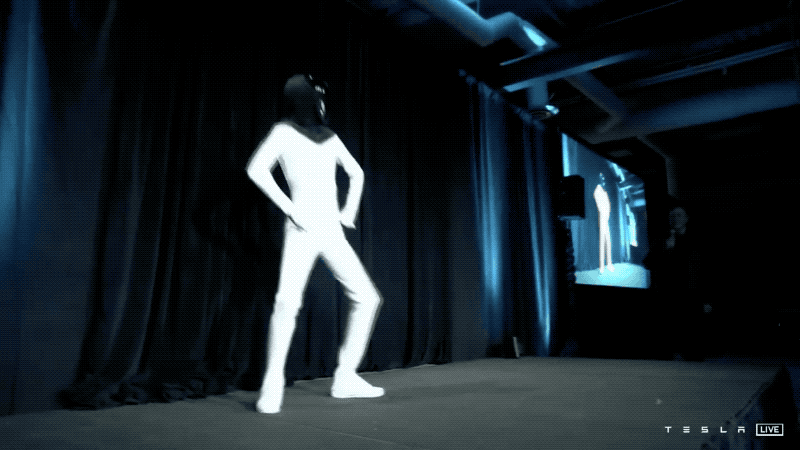
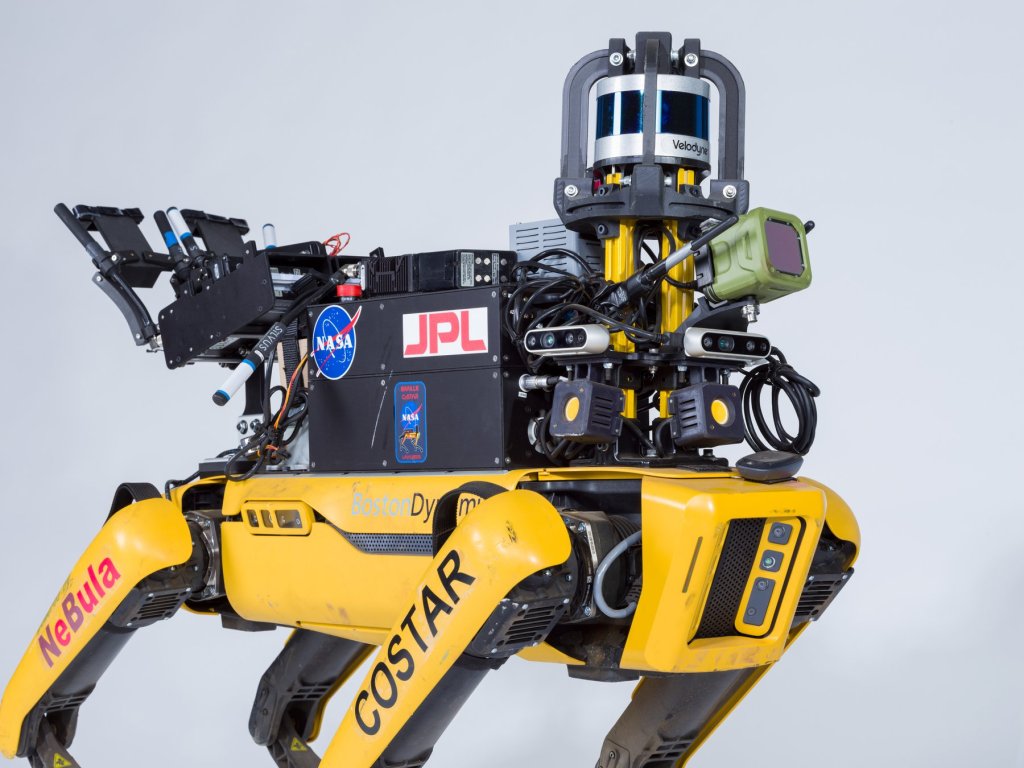






























Comment